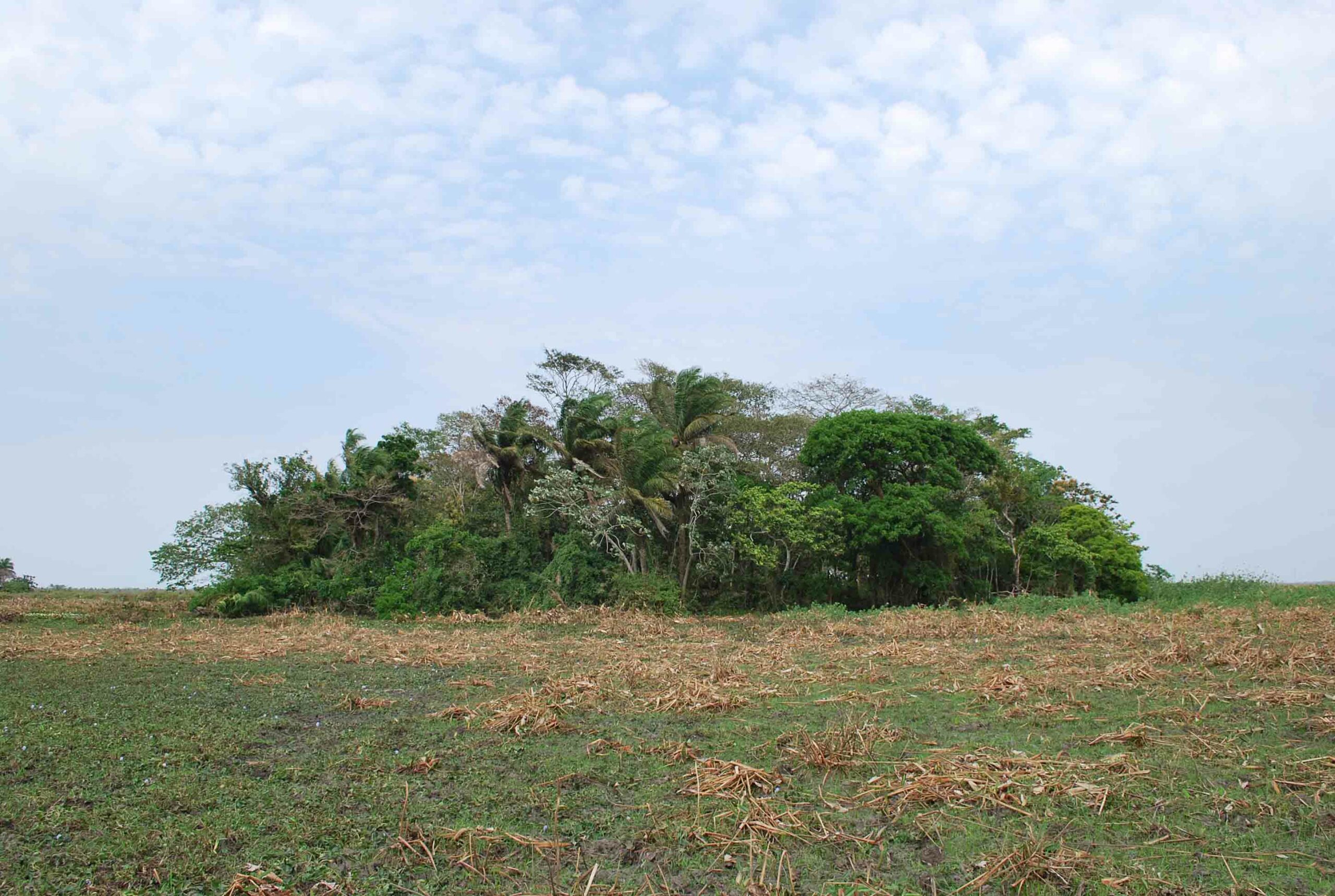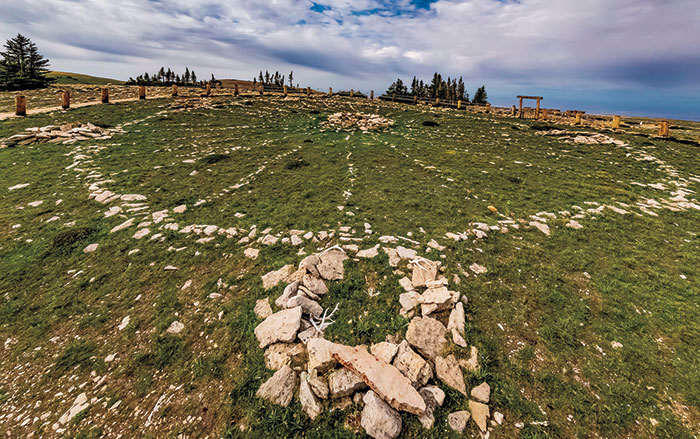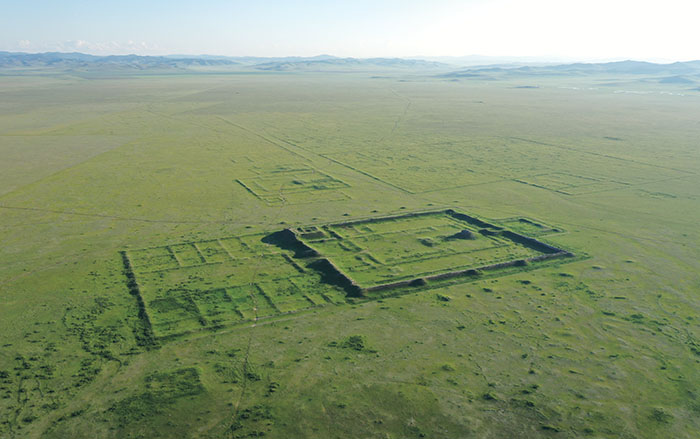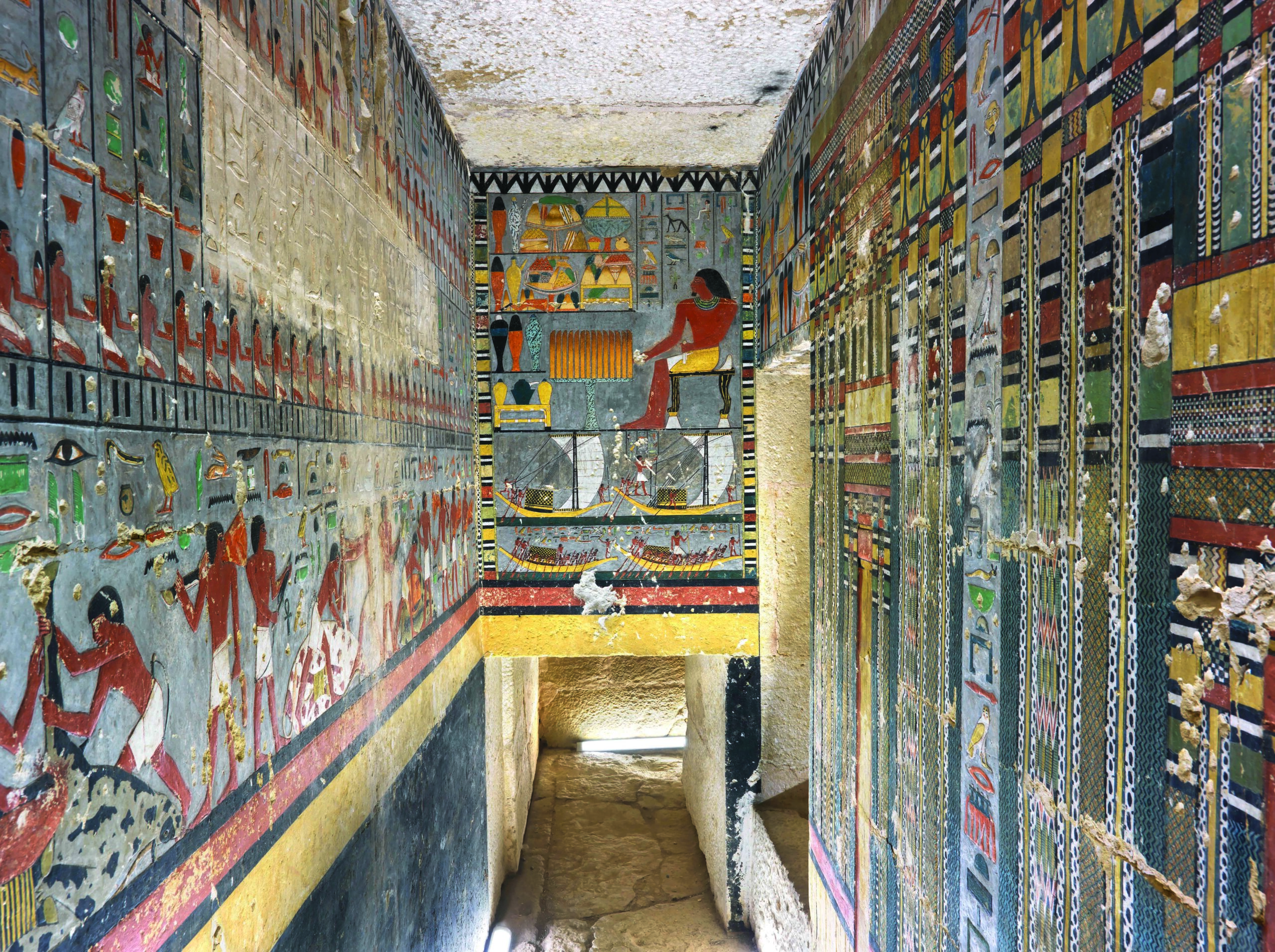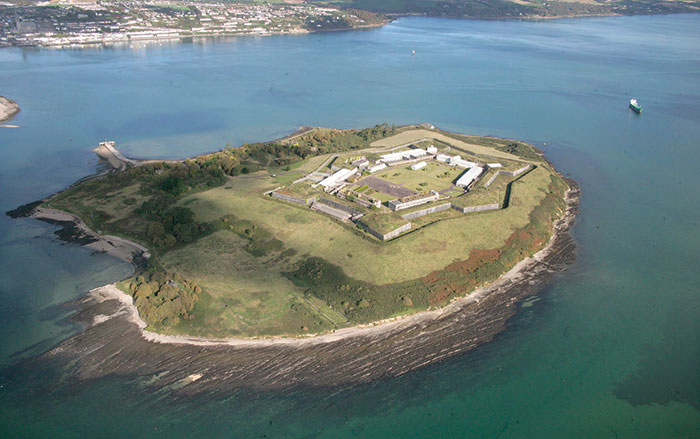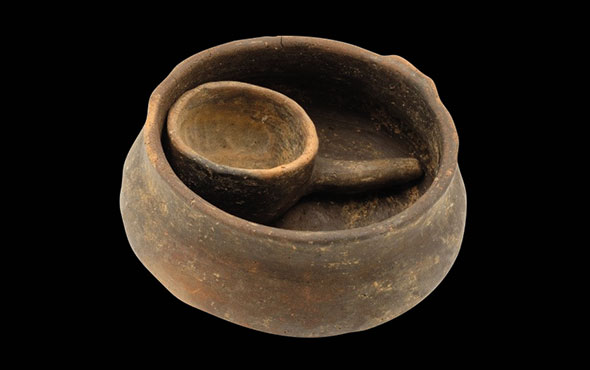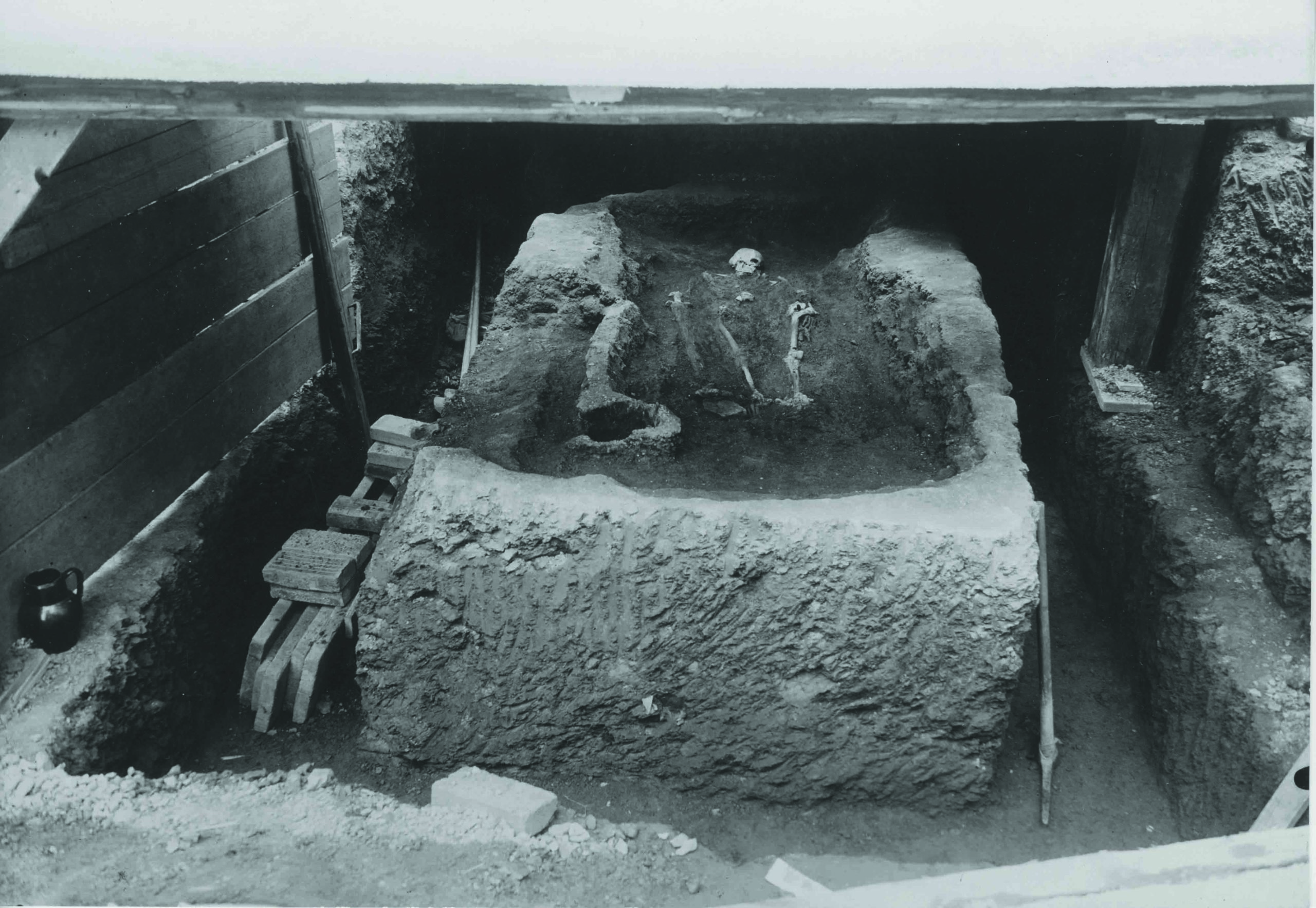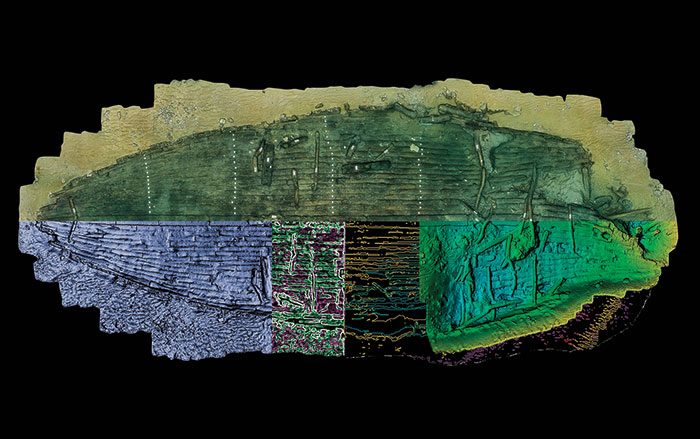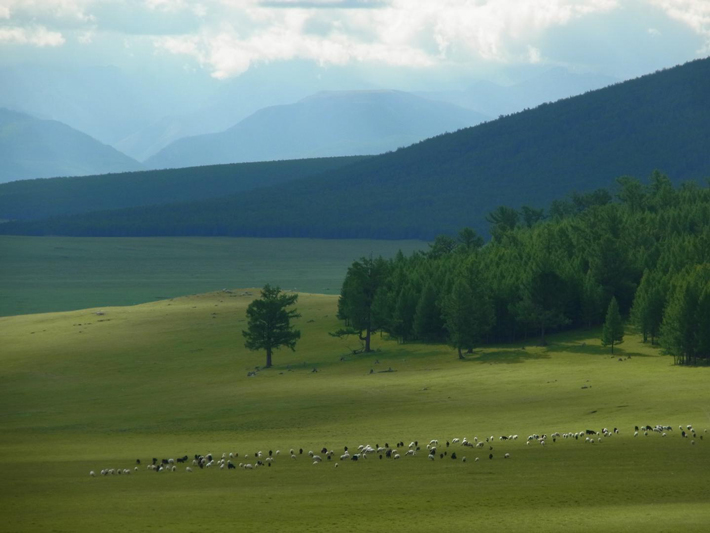
JENA, GERMANY—According to a Cosmos Magazine report, an international team of researchers examined the ratios of stable nitrogen and carbon isotopes in collagen and dental enamel samples obtained from the remains of some 130 individuals who were buried in Mongolia between 4500 B.C. and A.D. 1300. The analysis suggests that during the Bronze Age, the Mongolian diet was based on milk and meat and supplemented with local plants. From about the third century B.C. to the late first century A.D., during the Xiongnu Empire, some people continued to eat the Bronze Age diet, while those living in political centers began to eat more millet-based foods. Grain consumption and thus the practice of agriculture appears to have continued to increase into the period of the Mongolian Empire of the Khans. “Namely, instead of roving hoards, these empires were supported by pastoralists and farmers practicing different subsistence strategies that provided strength in diversity,” explained Shevan Wilkin of the Max Planck Institute for the Science of Human History. To read about the tombs of Xiongnu nobles unearthed in Mongolia, go to "Tomb of the Silver Dragons," one of ARCHAEOLOGY's Top 10 Discoveries of 2019.


